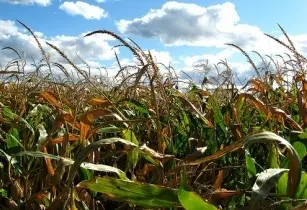The completion of the regional biosafety policies and guidelines has entered into the final stages with plans to develop a regional long-term programme in Africa
The inception of the COMESA biotech and biosafety activities, through the Regional Approach to Biotechnology and Biosafety in Eastern and Southern Africa (RABESA) initiative, dates back as early as 2001, but it was implemented in 2004.
The RABESA project was rolled out with the backing of the Association for Strengthening Agricultural Research in Eastern and Central Africa (ASARECA) and other regional partners, to support COMESA-wide cooperation in biotechnology and biosafety issues.
At a meeting held in Kampala, Uganda, back in 2001, COMESA ministers of agriculture concluded that the 19 member states should explore ways to address biosafety issues to prevent negative effects on genetically modified (GM) crops on trade and food security in the region.
All COMESA countries have put in place institutional frameworks to govern biotechnology.
ACTESA plans to increase farmer productivity and incomes in eastern and southern Africa region through trade in strategic agricultural commodities.
Nawa Mutumweno





